Flax Seed Side Effects: 6 Ways It May Cause Harm
From constipation to allergies - beware of the side effects of flaxseeds before consuming them.
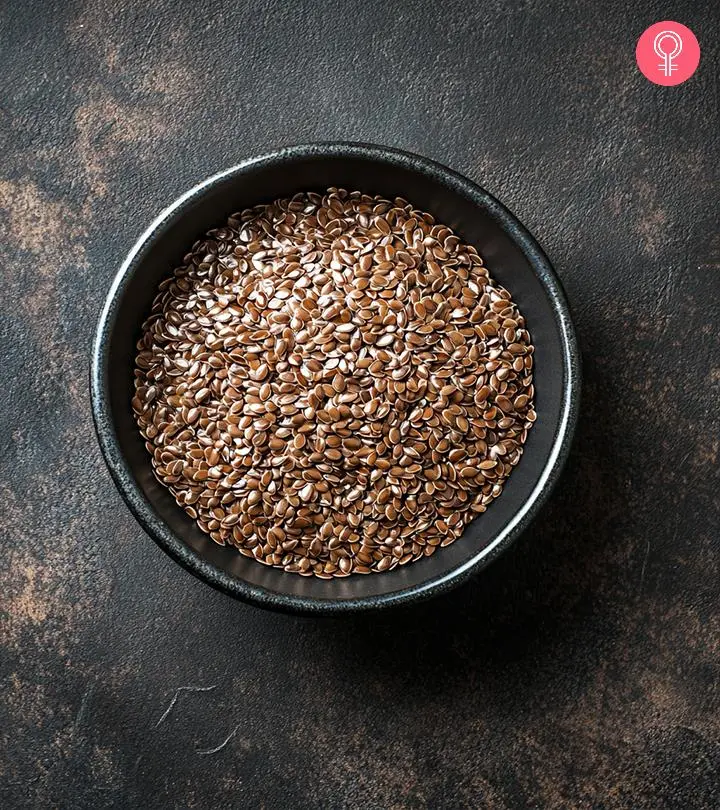
Image: Midjourney/ StyleCraze Design Team
Flax seeds are a fiber-rich vegetarian food source derived from the Linum usitatissimum plant. This ancient crop has been used in traditional medicine for its therapeutic value. However, intake of excessive amounts of flax seeds may cause adverse effects.
The side effects of flax seeds include allergic reactions, slowed blood clotting, constipation, and increased risk of cancer in susceptible individuals. In addition, the anti-nutrients in flax seeds are also considered a risk factor.
In this article, we have discussed the possible side effects of flax seeds and the recommended dosage. Keep reading.
 Know Your Ingredient: Flax Seed
Know Your Ingredient: Flax SeedShort-Term Effects
Allergic reactions, bleeding disorders, constipation, and cyanide toxicity.
Long-Term Effects
Increased risk of prostate cancer.
Drug Interactions
May interact with blood thinners, heart medication, oral contraceptives, and estrogen therapy drugs.
When To See A Doctor
If you experience an immediate allergic reaction, blood clotting, skin rashes, or shortness of breath, visit a doctor.
In This Article
What Are Flax Seeds?

Flax seeds are rich in oils while the stems are replete with high-quality fiber. The seeds contain about 55% ALA, 28–30% protein, 35% fiber, and phytoestrogensi Compounds found in plants that interact with the body's estrogen receptors to mimic estrogen. .
The alpha-linolenic acid (ALA) and the fiber content of flax seeds are responsible for their health benefits. ALA is an essential polyunsaturated fatty acid that has anti-inflammatory and antithrombotic (anti-clotting) properties.
In addition to the beneficial nutrients, flax seeds also contain certain molecules called anti-nutrients. These anti-nutrients form toxic intermediates in your body and prevent the absorption of minerals.
Flax seeds or flaxseed oil are often used as fish oil substitutes. You can also find the seeds or their products in fiber bars (granola bars), bread, muffins, cereals, and meat extenders (1).
 Did You Know?
Did You Know?There are numerous flaxseed benefits. But did you know they can harm your health too? Scroll down to figure out how these seeds can be harmful.
Key Takeaways
- Flax seeds may increase the risk of prostate cancer and cause hormonal changes.
- You may experience certain allergic reactions, such as slowed blood clotting and constipation.
- Consuming raw flax seeds in large amounts can be toxic; hence, take them in minimal quantities.
How Can Flax Seeds Be Harmful?

Blanca Garcia, RDN, says, “Flaxseed is generally recognized as safe (GRAS), but people with diverticulosis have been recommended to stay away from seeds like flaxseeds that can get trapped in the diverticula. But there isn’t concrete research that supports this thought.”
Extensive research has shown the presence of anti-nutrients in flax seeds. Anti-nutrients are molecules that may have adverse effects on your health. Cyanogenic glycosides and phytic acid are the most abundant anti-nutrients found in these seeds (1), (2).
Anti-nutrients are heat-sensitive. They break down when you roast or cook flax seeds. However, the presence of these components in raw seeds results in various side effects. As discussed, the anti-nutrients form lethal intermediates. One such intermediate is hydrogen cyanide, which can interfere with the absorption of minerals such as calcium, zinc, magnesium, copper, and iron.
Excess consumption of flax seeds can further enhance the adverse effects of anti-nutrients. These can lead to side effects.
What Are The Side Effects Of Flax Seeds?
Overconsumption of flaxseeds can cause stomach discomfort such as bloating, gas, stomach ache, and nausea. There are also several chronic problems associated with flaxseed intake.
1. May Cause An Allergic Reaction

Like other nuts and seeds, flax seeds (and flaxseed oil) can act as allergens. As per anecdotal evidence, the seeds may cause skin irritation and severe constipation. In a study on children, certain food products containing flax seeds caused skin rashes, vomiting, and a tingling sensation (3).
Shortness of breath (dyspnea) and hives were reported in a 42-year-old female who had flax flour. Anaphylaxisi A severe, life-threatening allergic reaction requiring immediate medical attention. is another risk associated with the intake of these seeds. In some cases, you may also notice swelling on the face (facial edema) (4).
2. May Increase Bleeding
Flax seeds contain high levels of omega-3 fatty acids. These fatty acids are vital for the proper functioning of the brain, heart, and body. However, they may also cause bleeding disorders like anemia, which might lead to fatigue and dizziness. Though direct research is limited, some studies link the disorders to omega-3 fatty acids, which flax seeds are rich in.
Omega-3 fatty acids are known to slow down blood clotting and increase bleeding. They inhibit the aggregation of blood platelets, which is a crucial step in the formation of a blood clot (5).
Hence, it is crucial to watch your flaxseed intake if you are on blood-thinning or heart medication. Do not consume Aspirin or other herbal medicines along with these seeds (6). These drugs may interact with the fatty acids and prolong the bleeding time and blood loss.
3. May Lead To Fiber Overload And Constipation

Flax seeds are rich in dietary fiber (7). Sudden overconsumption of these seeds increases the fiber load in your body and may lead to diarrhea in a few cases (7). Too much fiber can clog your stomach and intestines (8).
You may experience stomach aches, cramps, and constipation in such cases. Insufficient water intake may also worsen your condition. Eating small portions of flax seeds with sufficient water is the right way to go.
Moreover, people with irritable bowel syndromei A chronic digestive disorder causing abdominal pain, bloating, and irregular bowel movements. (IBS) or constipation are at a higher risk of experiencing such side effects. It is best to consult a healthcare provider to learn more about the dosage and safety of flax seeds.
4. May Increase Cancer Risk
Research is unclear in this regard. Flaxseeds are rich in phytoestrogens. In studies, phytoestrogens did not show any protective effect against prostate cancer (9). Some believe the lignansi Plant compounds with phytoestrogen and antioxidant properties that promote heart and hormonal health. and phytoestrogens present in flax seeds may lead to an increased risk of prostate cancer, although more studies are required to understand this mechanism.
5. May Cause Problems During Pregnancy And Lactation
There is limited research in this aspect. During the lactation period, a flaxseed diet may cause thyroid dysfunction as it affects the metabolism of thyroid hormones (10). However, more research is required to understand the effect of the flax seeds during pregnancy. Consult your doctor before consuming flax seeds during pregnancy.
6. May Cause Cyanide Toxicity
Nuts and seeds like almonds, legumes, and flax seeds have traces of cyanide compounds. It is alright to consume these in small quantities (11), (12).
Moreover, most of the cyanogen glycosides are heat sensitive. They get degraded into smaller molecules that evaporate or become less toxic when you roast or cook flax seeds.
The problem arises when you eat large amounts of raw flax seeds. Since raw flax seeds have the harmful cyanide residues intact, they could cause cyanide toxicity. However, research suggests that the recommended dietary amounts of omega-3 fatty acids (ALA) can be obtained by consuming about 9 g of flaxseed per day (13). Sticking to this limit will do no harm.
 Fun Fact
Fun FactWhat Is The Safe Dosage Of Flax Seeds?
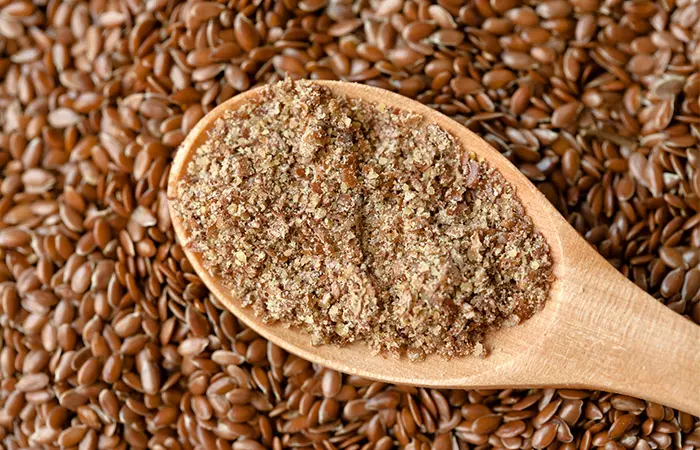
Mary Sabat, MS, RD, LD, says, “It is generally considered safe to take flaxseed every day in recommended doses. But keep in mind it does add fat calories to the diet, so it can add up quickly if you overdo it.”
It is recommended to consume about 1-2 tablespoons of ground flax seeds or 1 tablespoon of flaxseed oil every day to reap its health benefits. Having 9-10 g or 1 tablespoon of these seeds a day can provide the required levels of ALAs (1.6 g/day for males and 1.1 g/day for females) (13).
However, it is essential to note that the appropriate dosage can vary depending on individual factors.
Flaxseeds can offer potential benefits during pregnancy. However, consult with a healthcare professional before increasing your intake. Excessive consumption of flaxseed oil has been linked to preterm labor. It’s because excess omega-3 and omega-6 fat intake increases the production of eicosanoids, an inflammation-causing metabolite, in the body, which may initiate labor (14).
If you have certain health conditions, such as irritable bowel syndrome (IBS) or hormone-sensitive cancers, it is advisable to consult your doctor before incorporating flaxseeds into your diet. Flaxseeds can sometimes exacerbate symptoms in individuals with IBS, and their high fiber content may interact with certain medications.
You can use flax seeds to make baked goods, energy bars/granola bars, gums, and thickeners. If you are using flaxseeds for weight loss, ensure you do not add refined sugar or calorie-dense ingredients to them.
But remember to drink enough water (2-4 liters/day at least) to prevent the side effects of these seeds.
Now that you know the recommended dosage, here are some safe ways to enjoy flax seeds daily. Scroll down to learn more.
How To Safely Add Flax Seeds To Your Diet
- Grind flax seeds with your smoothies to add nutrients without changing the drink’s taste.
- Add ground flax seeds to cereal, oatmeal, or yogurt to boost omega-3s and fiber content.
- Include ground flax seeds when baking dishes like bread, pancakes, and muffins to increase nutrition.
- Sprinkle ground flax seeds on top of salads for added crunch and nutrients.
- Use ground flax seeds instead of whole ones to enhance nutrient absorption and digestion.
Infographic: Unexpected Side Effects Of Flax Seeds
Flax seeds are packed with essential vitamins and nutrients that make them a healthy addition to one’s diet. However, excess consumption may result in adverse effects. Click on the infographic below to learn more about the unexpected side effects of flax seeds. Illustration: StyleCraze Design Team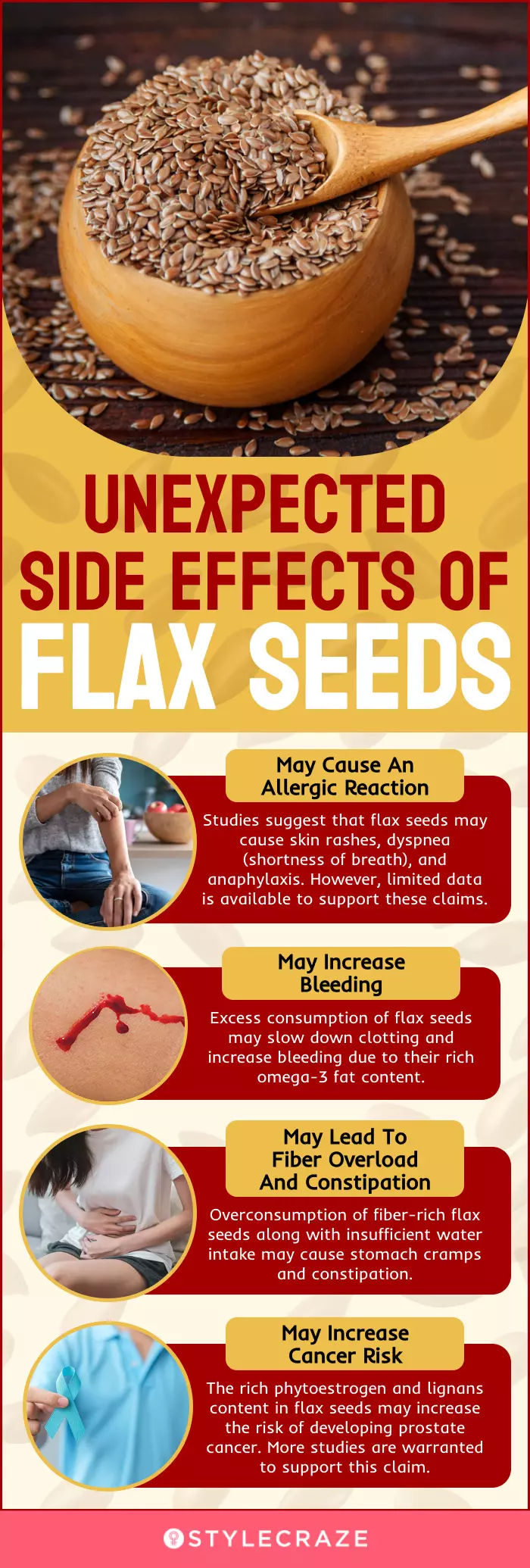
The side effects of flax seeds are to be blamed on the presence of certain anti-nutrients — phytic acid and cyanogenic glycosides — that prevent the absorption of nutrients by the body. Some individuals may be allergic to these seeds and experience vomiting, rashes, tingling, and facial swelling. Their high omega-3 fatty acid content may also cause bleeding disorders by slowing down blood clotting. Flax seeds are rich in fiber, and excess intake of this macronutrient can be counterproductive, leading to constipation. Moreover, taking these seeds beyond the recommended dosage may lead to cyanide toxicity, so exercise caution.
Frequently Asked Questions
Can flaxseed cause blockage?
Garcia says, “Not really, it would usually pass through with the rest of the stool. The blockage is more probable with a low fiber intake and flaxseeds are rich in fiber.”
Does flaxseed detox your body?
According to Garcia, “The only way to detox your body is through the body’s natural ways through the liver and kidneys. Flaxseeds can provide nutrients that can keep bowel movements flowing in balance.” Sabat adds, “Flaxseed is a source of dietary fiber, antioxidants, and omega-3 fatty acids, which can help you eliminate waste from the GI tract so therefore might be considered a type of detox for the gut. ”
Does flaxseed make you sleep?
Garcia says, “There are some studies that flaxseed may affect cortisol levels positively and could be reasons for flaxseed to help someone sleep better. But the studies don’t directly evaluate flaxseed and sleep.” Sabat adds, “Flaxseed may help improve sleep by increasing serotonin levels in the brain.”
Does flaxseed balance hormones?
Garcia says, “Flaxseed provides nutrients that are very helpful to the balance of bodily functions. Some studies have examined how flaxseeds can positively affect the hormones of post-menopausal women. Other studies have found that lignans in flaxseed can help prevent hormone-induced cancers.”
Is flaxseed good for kidneys?
Yes. Animal studies have suggested that flaxseed consumption is beneficial for renal health (15).
What is the best time to eat flax seeds?
While you can include flaxseed in your diet in several ways at various mealtimes, having them first thing in the morning in your breakfast offers the most benefits.
Which is better – flax or chia seeds?
Both the seeds are nutrient-dense and highly beneficial to your health. You can pick either one, depending on your wellness goals and preference.
Can we eat flax seeds on an empty stomach?
Yes, you can eat flaxseeds on an empty stomach. However, it makes you feel full, thus leading to a decreased appetite. So depending on why you want to incorporate flax seeds into your diet, you can have them before or after meals.
Illustration: Flax Seed Side Effects: 6 Ways It May Cause Harm

Image: Stable Diffusion/StyleCraze Design Team
You should be cautious about flax seed and not use it unless you are aware of the risks. In this video, you’ll learn how, and how much to use correctly. Check it out!
References
Articles on StyleCraze are backed by verified information from peer-reviewed and academic research papers, reputed organizations, research institutions, and medical associations to ensure accuracy and relevance. Read our editorial policy to learn more.
- Flaxseed—a potential functional food source, Journal of Food Science and Technology, US National Library of Medicine, National Institutes of Health.
https://www.ncbi.nlm.nih.gov/pmc/articles/PMC4375225/ - Bioprocessing of Functional Ingredients from Flaxseed, Molecules, US National Library of Medicine, National Institutes of Health.
https://www.ncbi.nlm.nih.gov/pmc/articles/PMC6222892/ - Flax seed allergy in children: an emerging allergen?, Allergy, Asthma, and Clinical Immunology: Official Journal of the Canadian Society of Allergy and Clinical Immunology, US National Library of Medicine, National Institutes of Health.
https://www.ncbi.nlm.nih.gov/pmc/articles/PMC3374192/ - Case report: A first case of flaxseed-induced anaphylaxis in Korea, Medicine, US National Library of Medicine, National Institutes of Health.
https://www.ncbi.nlm.nih.gov/pmc/articles/PMC5728827/ - There’s something fishy about this bleeding, NDT Plus, US National Library of Medicine, National Institutes of Health.
https://www.ncbi.nlm.nih.gov/pmc/articles/PMC4421441/ - Adverse events associated with interactions with dietary and herbal supplements among inpatients, British Journal of Clinical Pharmacology, US National Library of Medicine, National Institutes of Health.
https://www.ncbi.nlm.nih.gov/pmc/articles/PMC5346861/ - Dietary Flaxseed as a Strategy for Improving Human Health, Nutrients, c
https://www.ncbi.nlm.nih.gov/pmc/articles/PMC6567199/ - Effect of dietary fiber on constipation: A meta analysis, World Journal of Gastroenterology, US National Library of Medicine, National Institutes of Health.
https://www.ncbi.nlm.nih.gov/pmc/articles/PMC3544045/ - Phytoestrogens and Prostate Cancer Risk, Preventive Medicine, US National Library of Medicine, National Institutes of Health.
https://pubmed.ncbi.nlm.nih.gov/15916986// - Maternal flaxseed diet during lactation programs thyroid hormones metabolism and action in the male adult offspring in rats, Hormone and Metabolic Research, US National Library of Medicine, National Institutes of Health.
https://pubmed.ncbi.nlm.nih.gov/21448850/ - Bioavailability of cyanide after consumption of a single meal of foods containing high levels of cyanogenic glycosides: a crossover study in humans, Archives of Toxicology, US National Library of Medicine, National Institutes of Health.
https://www.ncbi.nlm.nih.gov/pmc/articles/PMC4754328/ - Cyanide Toxicity, StatPearls, US National Library of Medicine, National Institutes of Health.
https://www.ncbi.nlm.nih.gov/books/NBK507796/ - Flax and flaxseed oil: an ancient medicine & modern functional food, Journal of Food Science and Technology, US National Library of Medicine, National Institutes of Health.
https://www.ncbi.nlm.nih.gov/pmc/articles/PMC4152533/ - Omega-3 Fatty Acids and Pregnancy
https://pmc.ncbi.nlm.nih.gov/articles/PMC3046737/ - Dietary flaxseed meal reduces proteinuria and ameliorates nephropathy in an animal model of type II diabetes mellitus – ScienceDirect
https://www.sciencedirect.com/science/article/pii/S008525381549578X
Read full bio of Staci Gulbin
- Mary Sabat, MS, RDN, LD, is a registered dietitian and a certified in personal training by the American Council of Exercise. She has 30 years of experience in nutrition education, wellness coaching, fitness training, holistic health, and weight loss coaching. She obtained her bachelor's degree in Dietetics and Nutrition from the University of Delaware and master’s degree in Human Nutrition with an emphasis on Exercise Science from Rutgers University.
 Mary Sabat, MS, RDN, LD, is a registered dietitian and a certified in personal training by the American Council of Exercise. She has 30 years of experience in nutrition education, wellness coaching, fitness training, holistic health, and weight loss coaching. She obtained her bachelor's degree in Dietetics and Nutrition from the University of Delaware and master’s degree in Human Nutrition with an emphasis on Exercise Science from Rutgers University.
Mary Sabat, MS, RDN, LD, is a registered dietitian and a certified in personal training by the American Council of Exercise. She has 30 years of experience in nutrition education, wellness coaching, fitness training, holistic health, and weight loss coaching. She obtained her bachelor's degree in Dietetics and Nutrition from the University of Delaware and master’s degree in Human Nutrition with an emphasis on Exercise Science from Rutgers University. - Blanca Garcia, RDN, has 8 years of experience as a nutrition specialist. She graduated from California State University of Los Angeles in 2011 and interned at the University of Puerto Rico Medical Science Campus in 2012. She services clients in both English and Spanish.
 Blanca Garcia, RDN, has 8 years of experience as a nutrition specialist. She graduated from California State University of Los Angeles in 2011 and interned at the University of Puerto Rico Medical Science Campus in 2012. She services clients in both English and Spanish.
Blanca Garcia, RDN, has 8 years of experience as a nutrition specialist. She graduated from California State University of Los Angeles in 2011 and interned at the University of Puerto Rico Medical Science Campus in 2012. She services clients in both English and Spanish.
Read full bio of Sindhu Koganti
Read full bio of Ravi Teja Tadimalla
Read full bio of Moksha Gandhi






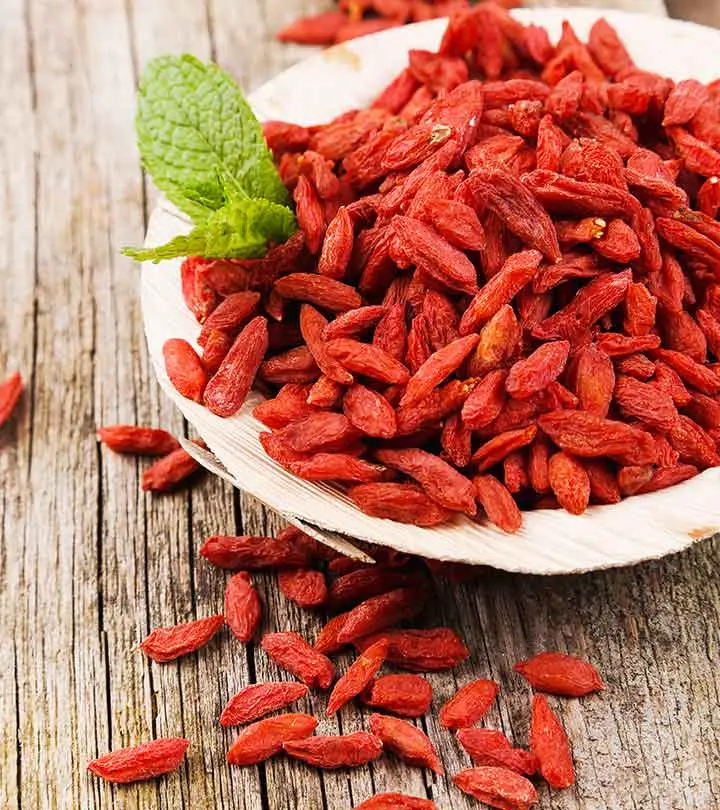

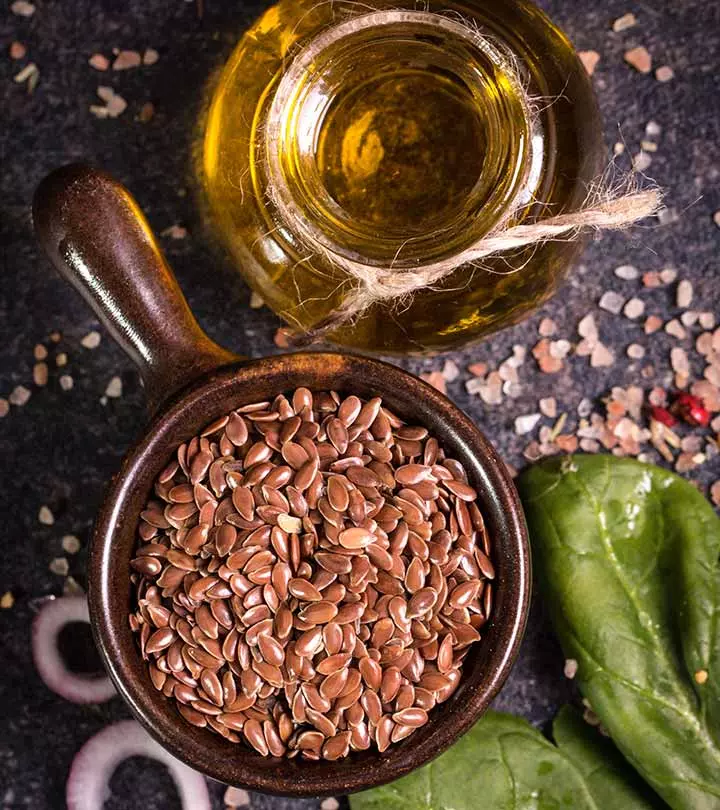

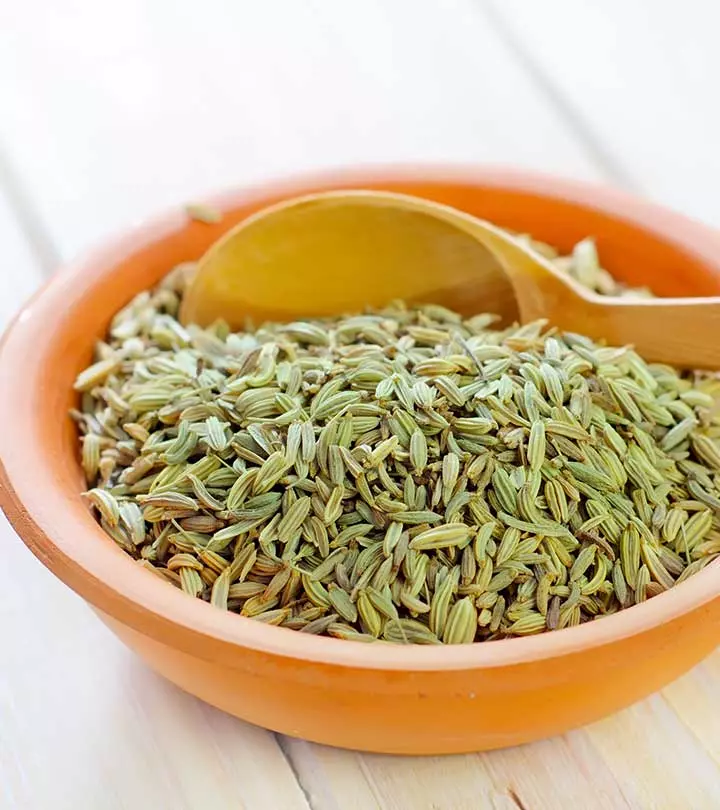


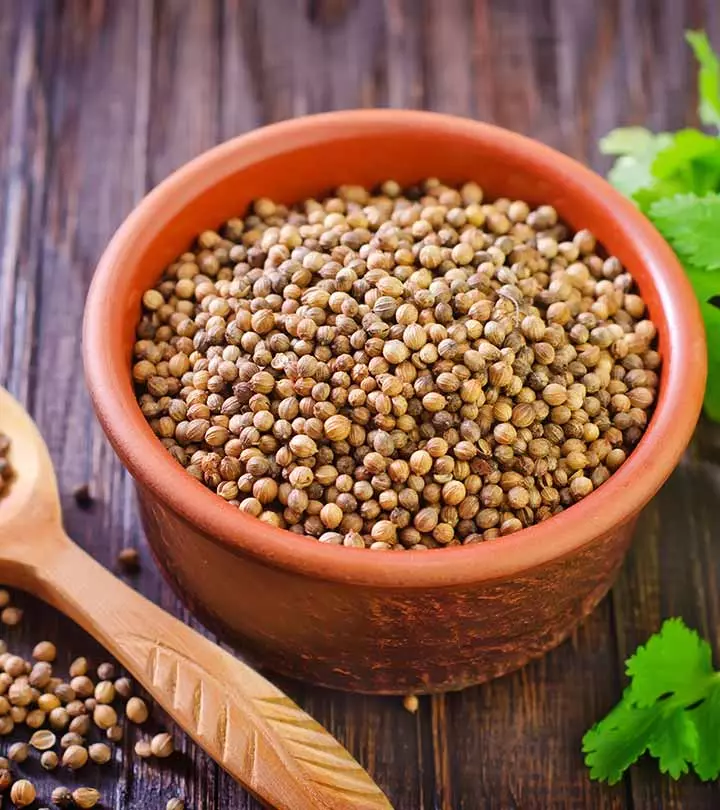
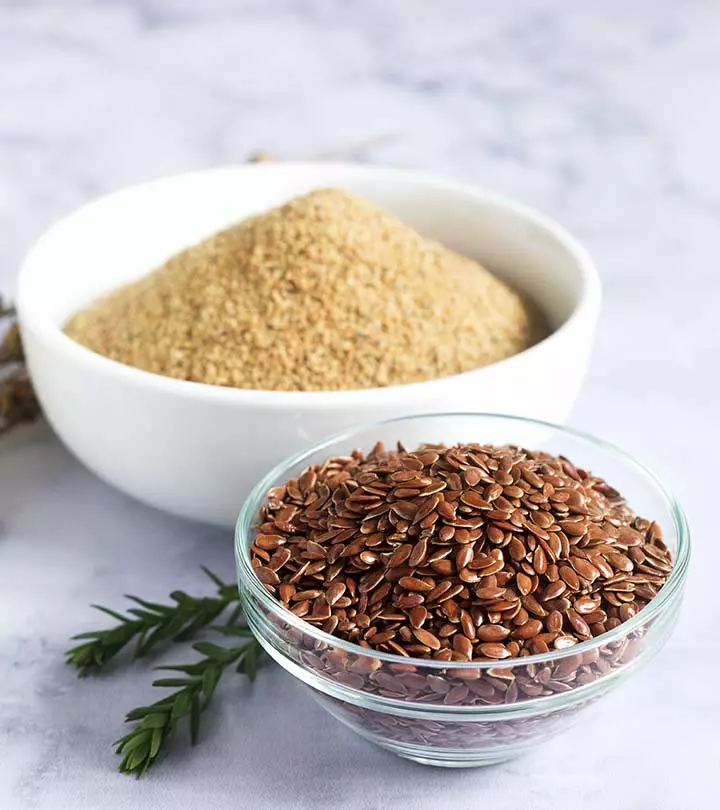


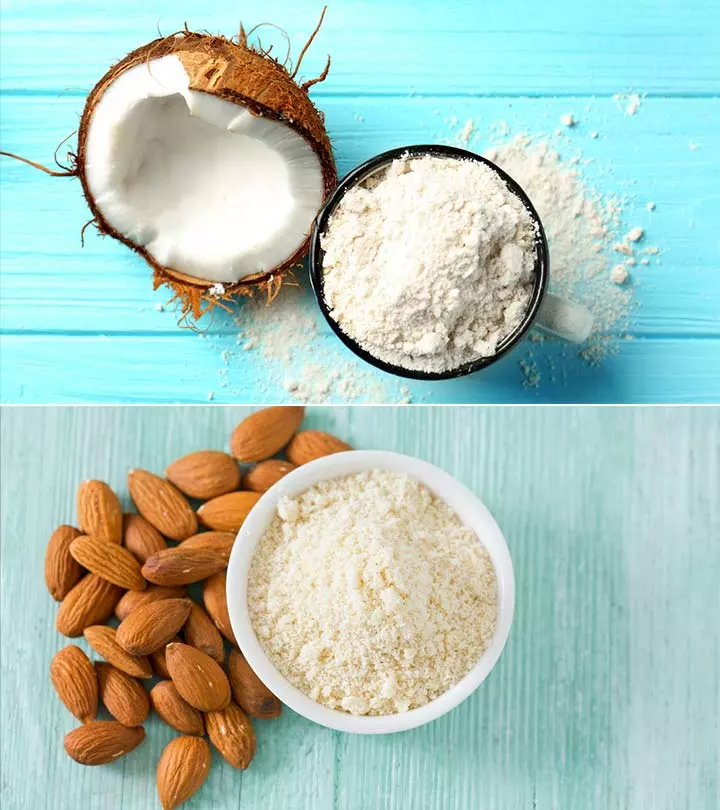



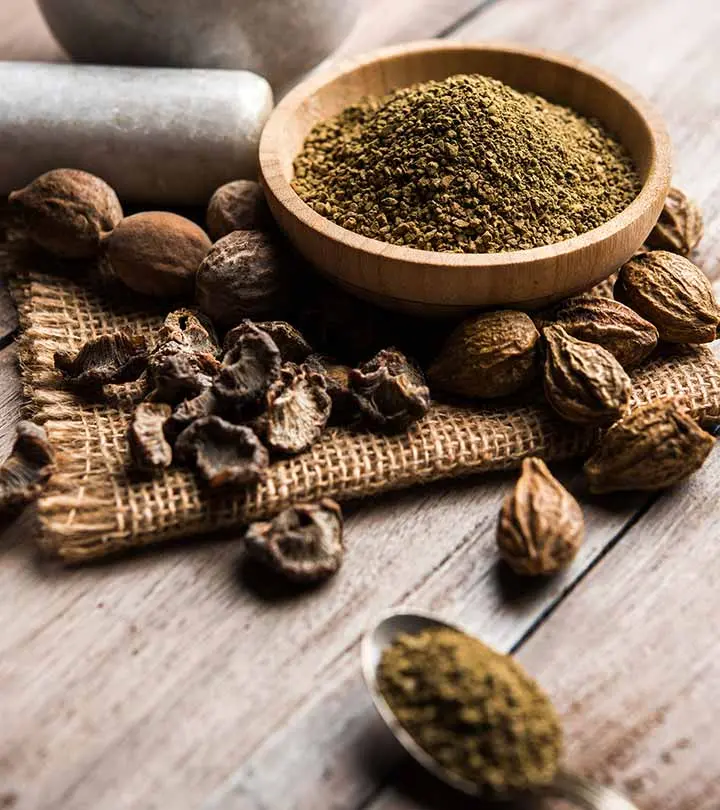



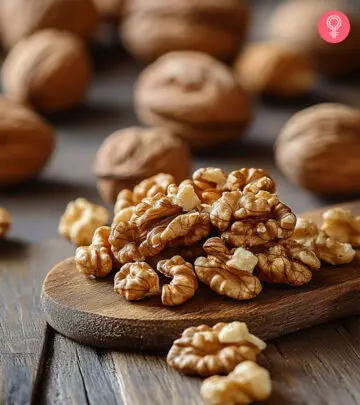

Community Experiences
Join the conversation and become a part of our empowering community! Share your stories, experiences, and insights to connect with other beauty, lifestyle, and health enthusiasts.